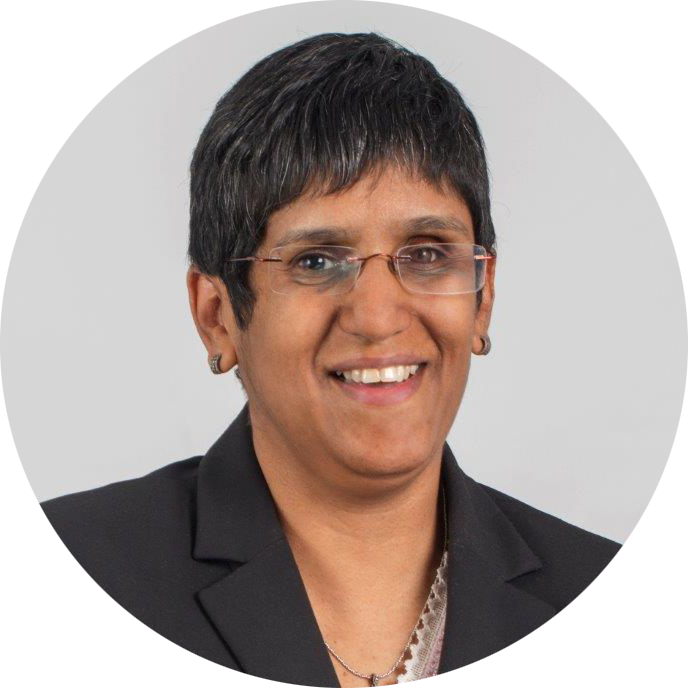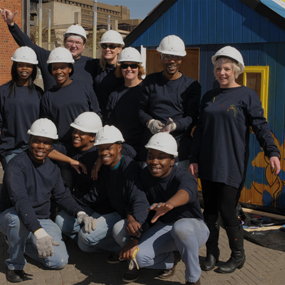Prabashni Naicker is Regional Compliance Officer at SNC-Lavalin, one of the biggest engineering and construction services company in the world. She is based in South Africa and works all over Subsaharan Africa to promote ethical business and fight corruption and bribery. We have asked her a few questions about how to keep business clean.
Can you explain exactly what you do at SNC-Lavalin?
I look after two portfolios. The first one is that I am in charge of human resources, and as such I get to have a visibility on ethics related to HR. Our mission there is to look at how we ensure an ethical workplace, which involves ensuring fairness in the recruiting of people, that everyone has the same benefits, that there is no discrimination of any sort. My other hat is that I am in charge of the Ethics and Compliance Program for Subsaharan Africa.
What does this program consist of?
One of the things that we do that is most relevant is an initiative called the Coalition for Ethical Operations, which we started in February 2016. The principle is to get companies who operate in Subsaharan Africa and who believe in the same philosophy as we do to come together to improve anti-corruption activities. We send them a pledge for them to sign, in which they commit to share best practices in promoting ethical business and reducing corruption; to promote training on ethical business and anti-corruption for SMEs in their supply chain; and to engage in occasional and voluntary collective or collaborative action. There are now fifteen members in the Coalition.
the biggest challenge: how do you do clean business and make it known to everybody? We want to win our work based on our ability to deliver, and we want people to know that.
What is the main form of corruption that you are faced with?
In Subsaharan Africa, the biggest challenge is government allocated work. There is this perception that the only way to get work from the governments is to pay bribes. In South Africa specifically it is now a very topical issue, as there are many examples of senior government officials being accused of participating in corrupt deals with private companies. For companies, that is the biggest challenge: how do you do clean business and make it known to everybody? We want to win our work based on our ability to deliver, and we want people to know that. Another challenge is that while bigger companies have the resources to implement compliance programs, small businesses cannot always do that. One of the things that passionate me most about this work is to bring multinational companies together to help smaller organisations stay in ethical business. We are currently looking at organising an event in November with the African Development Bank and the World Bank, which will focus on small businesses and sharing lessons learned in compliance.
What are the things that you do to tackle corruption?
One of the first steps is for companies to come together and hold each other responsible, through signing the pledge and sharing their practices. At our November event, companies will talk about how it works for them and help each other do more. We are also developing a training program with the Ethics institute that we will make available to small businesses, including company suppliers.
What are the next steps for the Ethics and Compliance Program?
The idea is to grow it across the region. We are now setting up a chapter in Angola with our local partner, Grupo Mieres, who is now contacting companies to join the Coalition. Our goal is to grow it across all different countries: at this point it is monitored from South Africa but we want to scale it as far and wide as we can.
ethical business is actually sustainable business
What is the main challenge you would say you have to face?
It is getting people to understand that ethical business is actually sustainable business. It can absolutely be a competitive advantage to help you grow, and it doesn’t have to come at the expense of your activity.
Meet Prabashni Naicker during the 11th edition of the World Forum for a Responsible Economy
More than a 100 experts from around the world will take part in the WFRE from 17 to 19 October to discuss the technological, societal and economic upheavals of our time and present their reflections and good practices.
SAVE THE DATE 17 – 19 October 2017 in Lille


